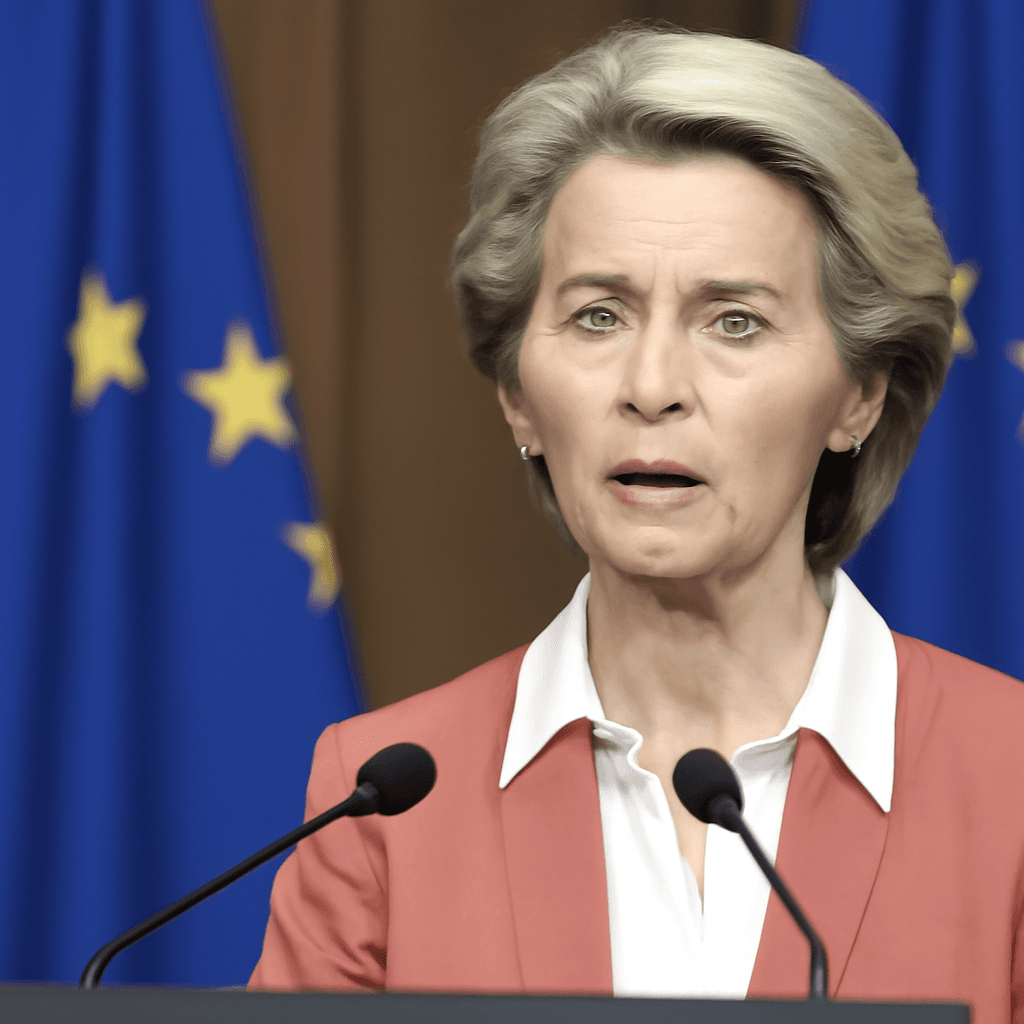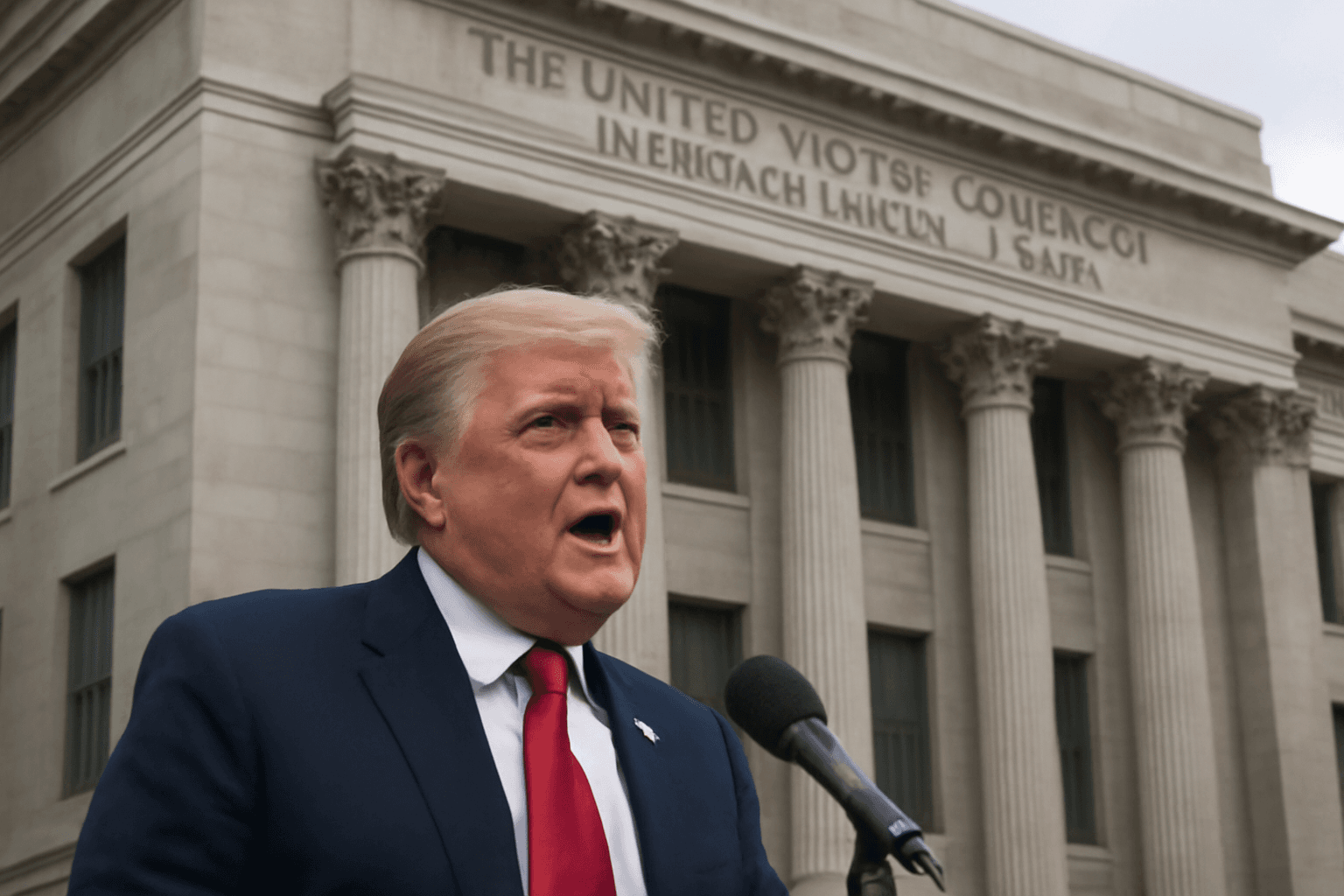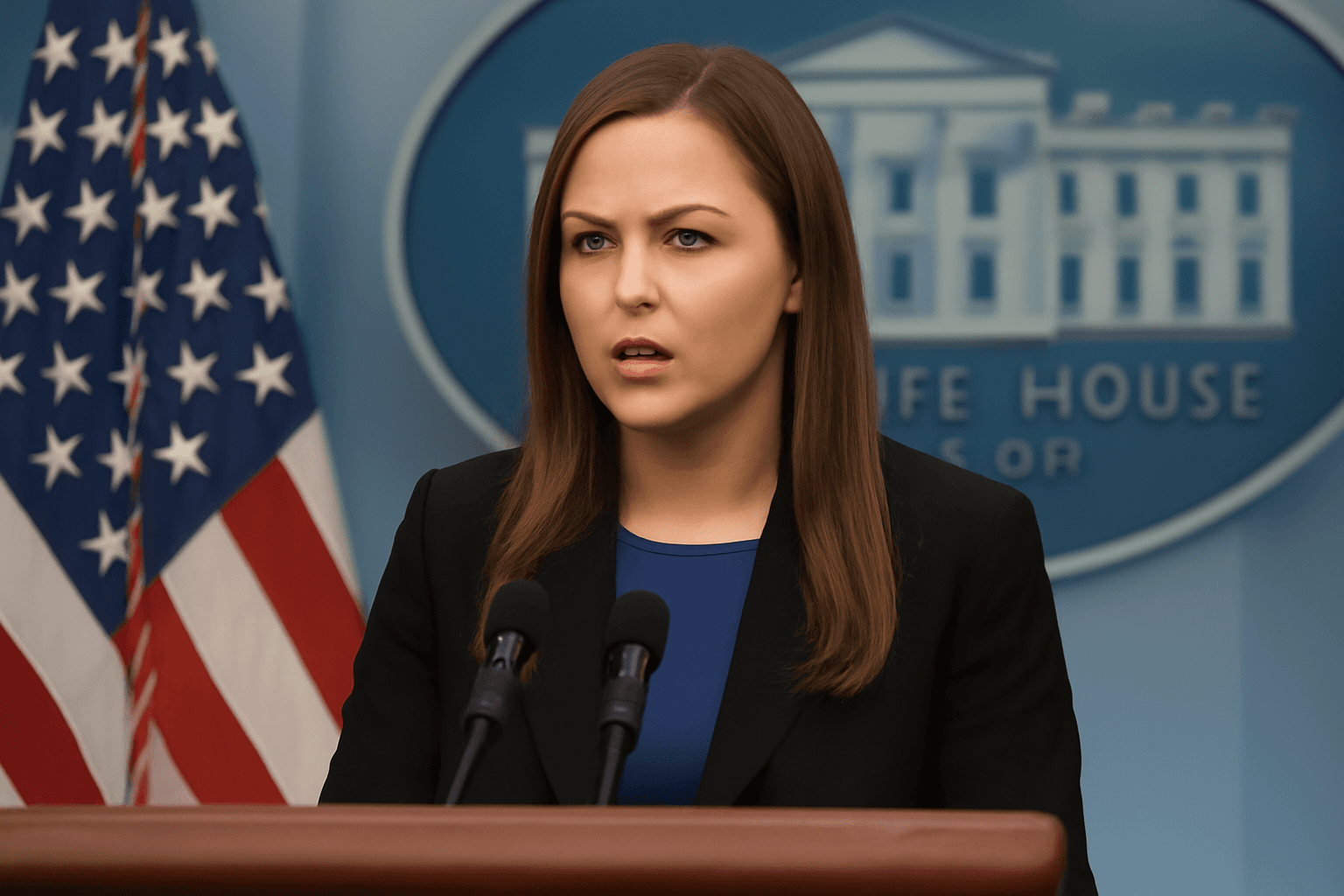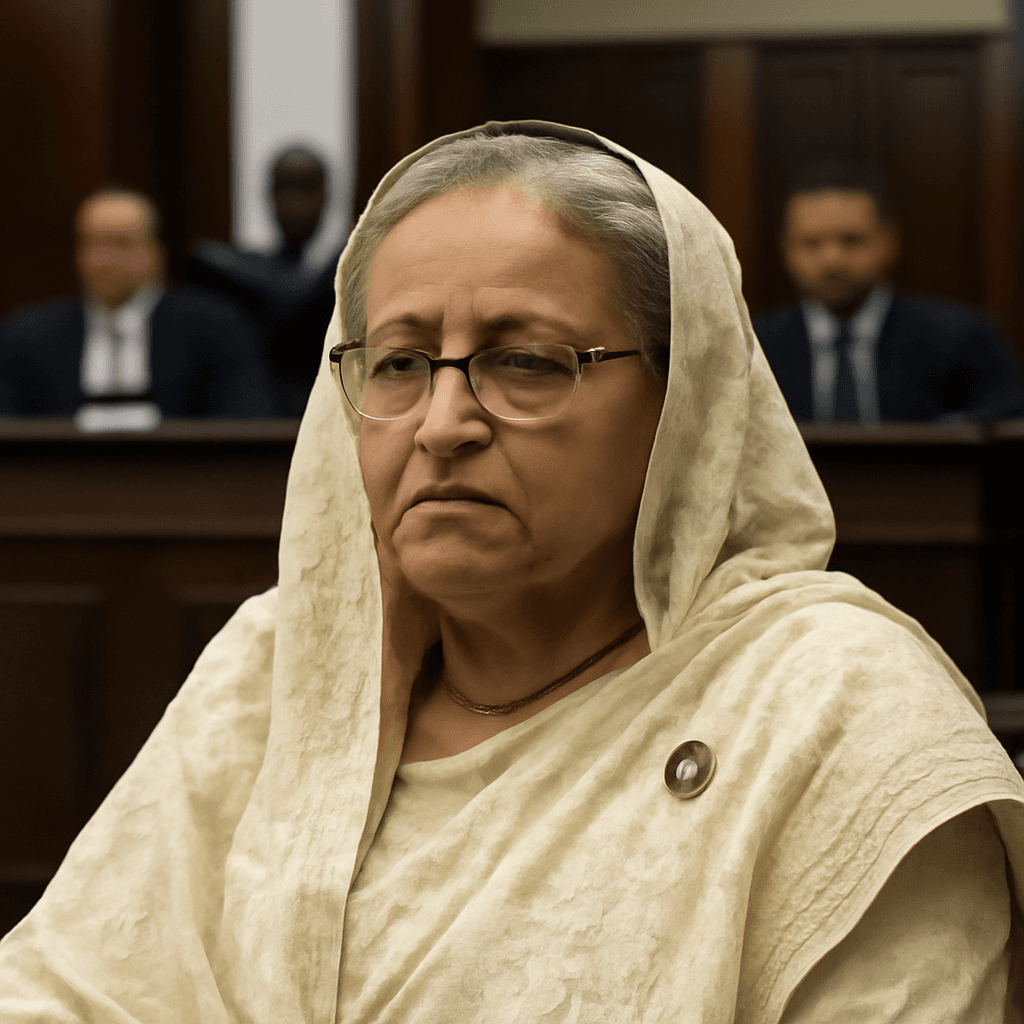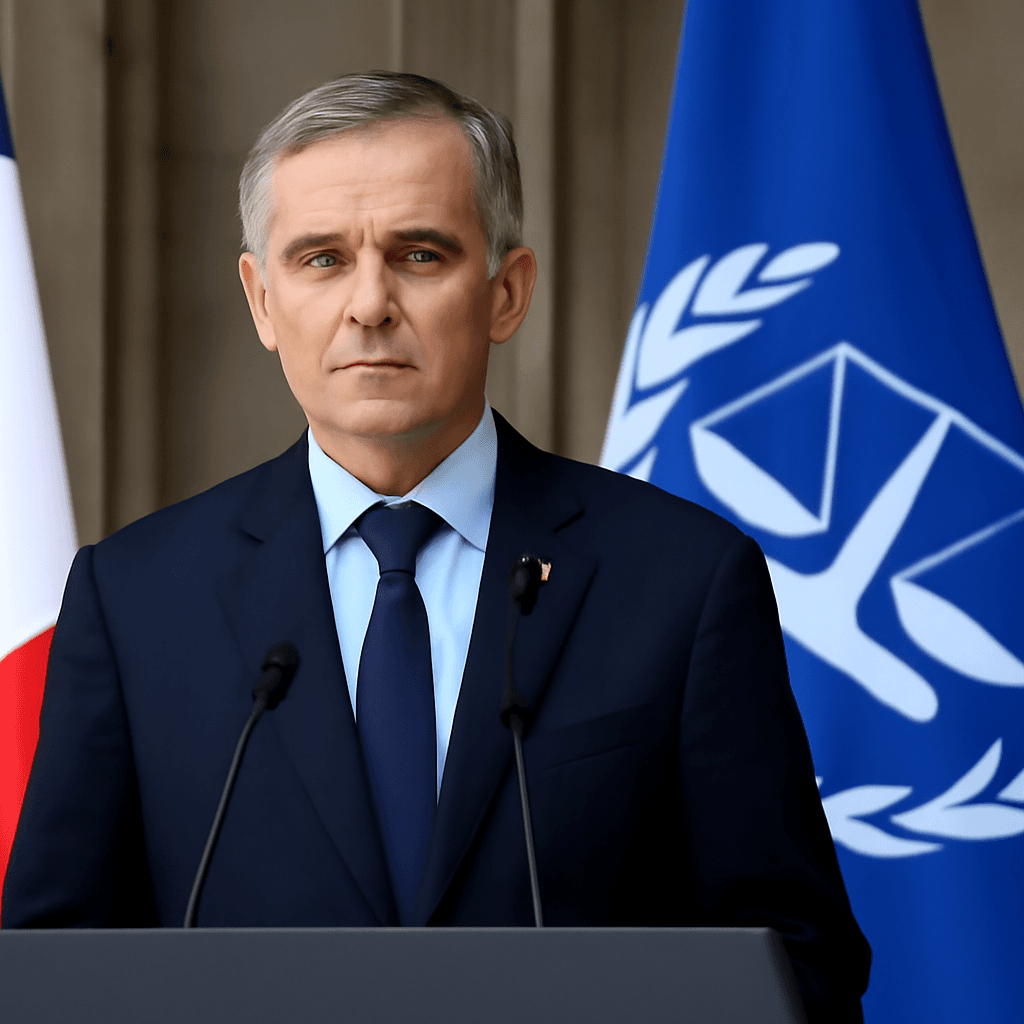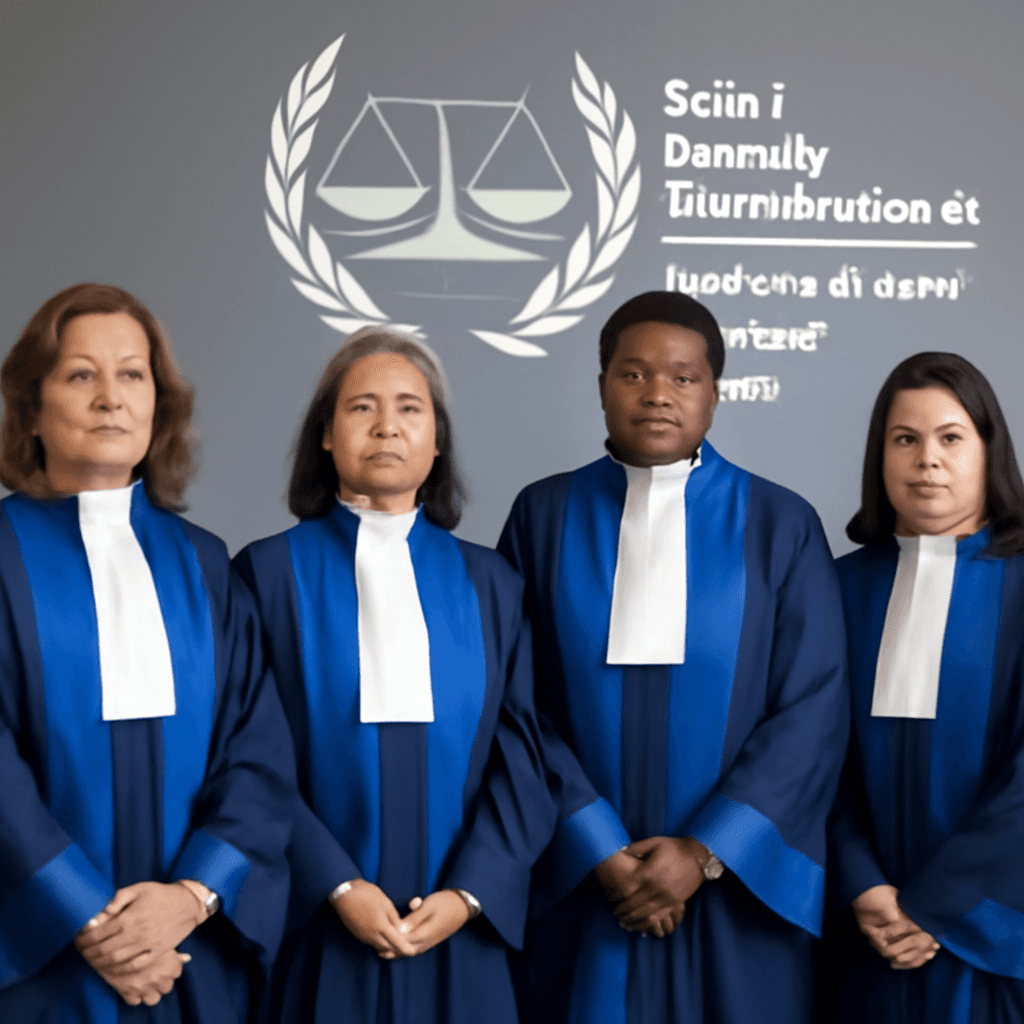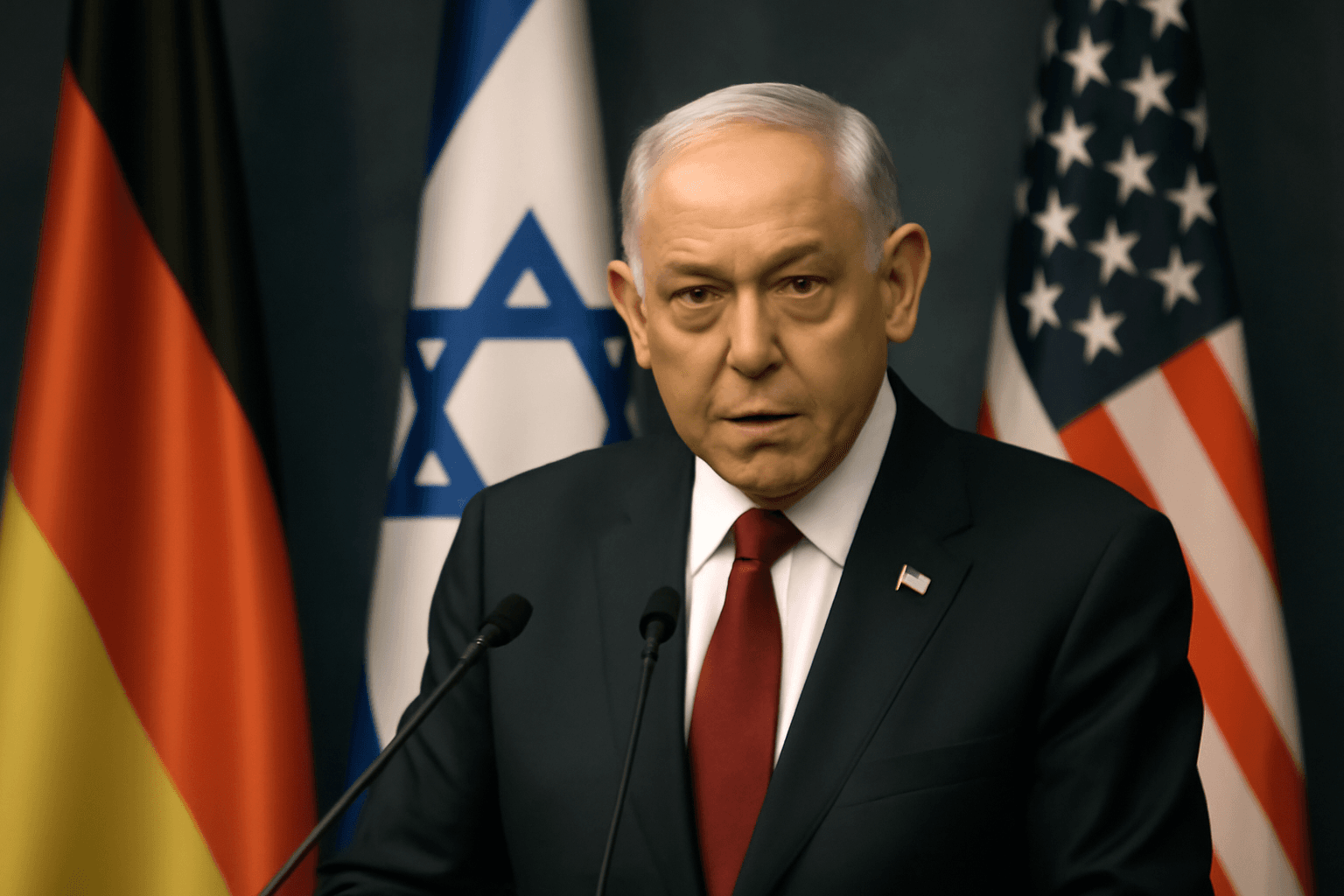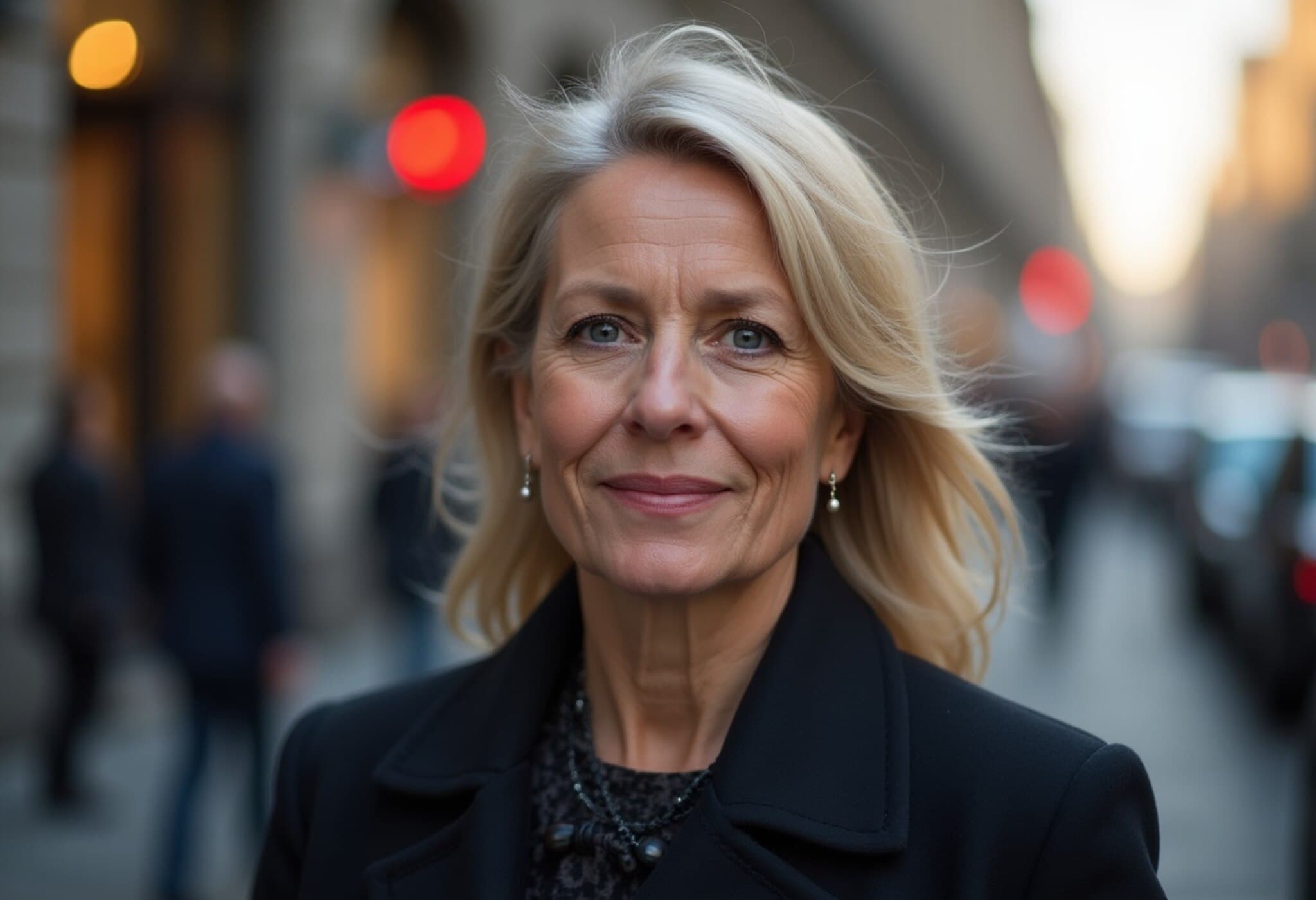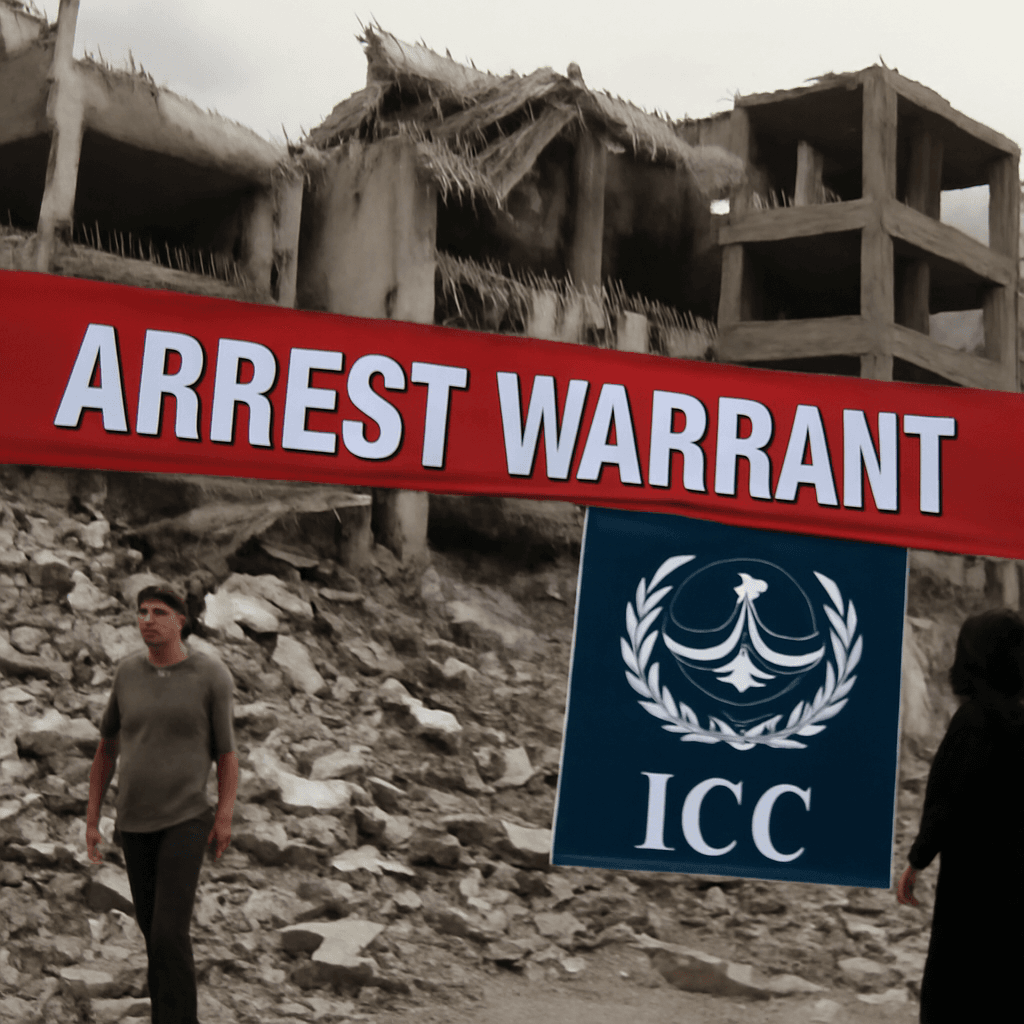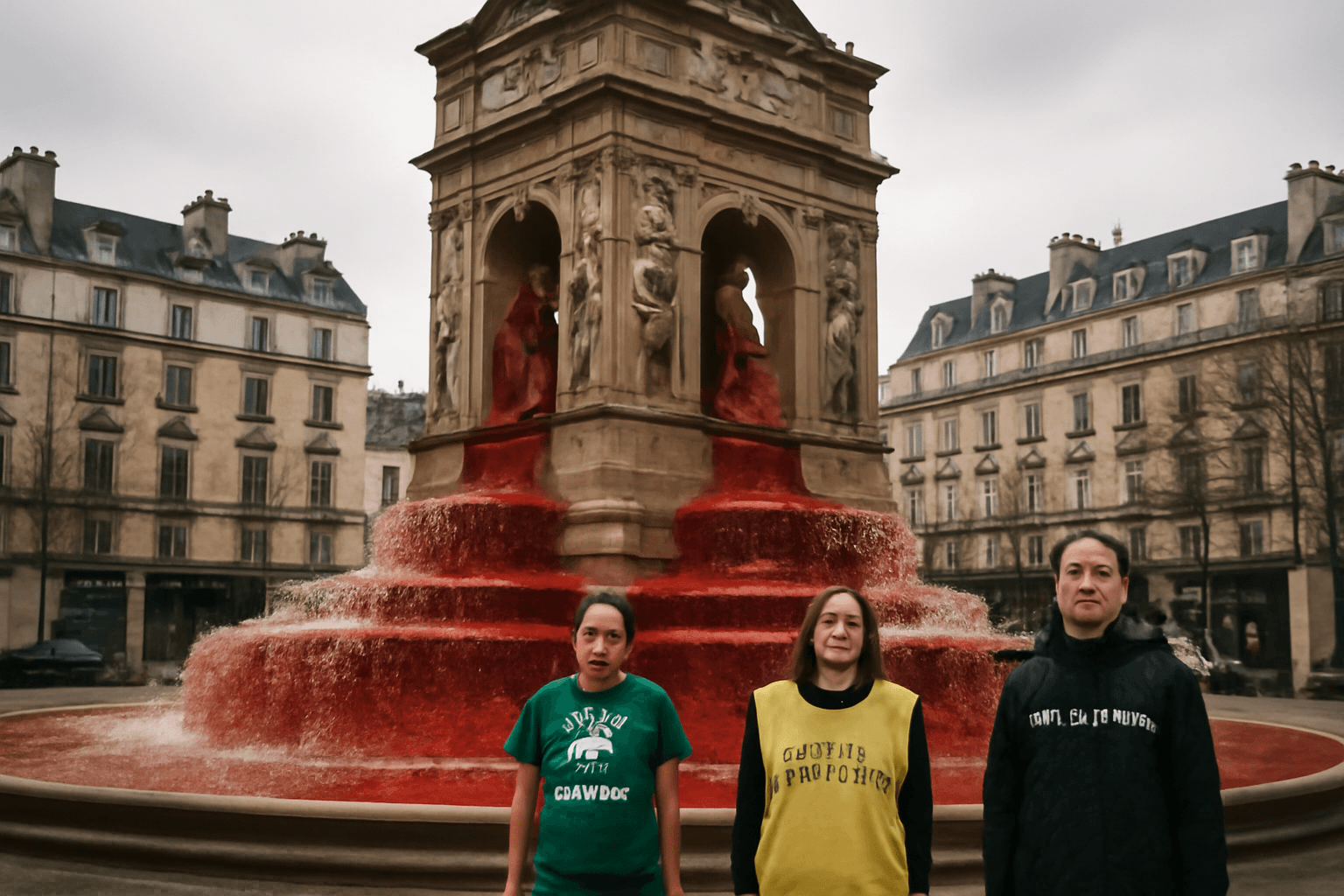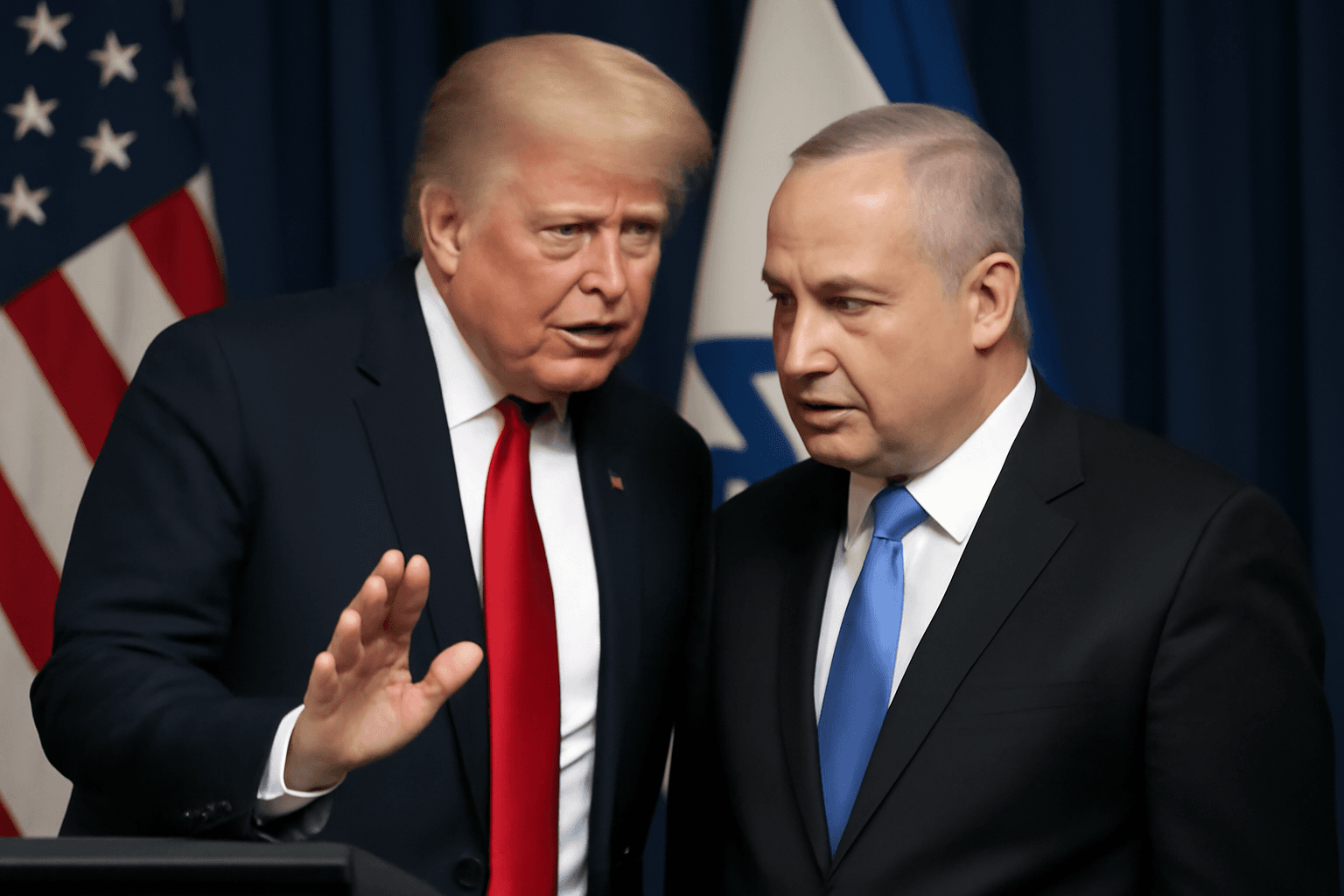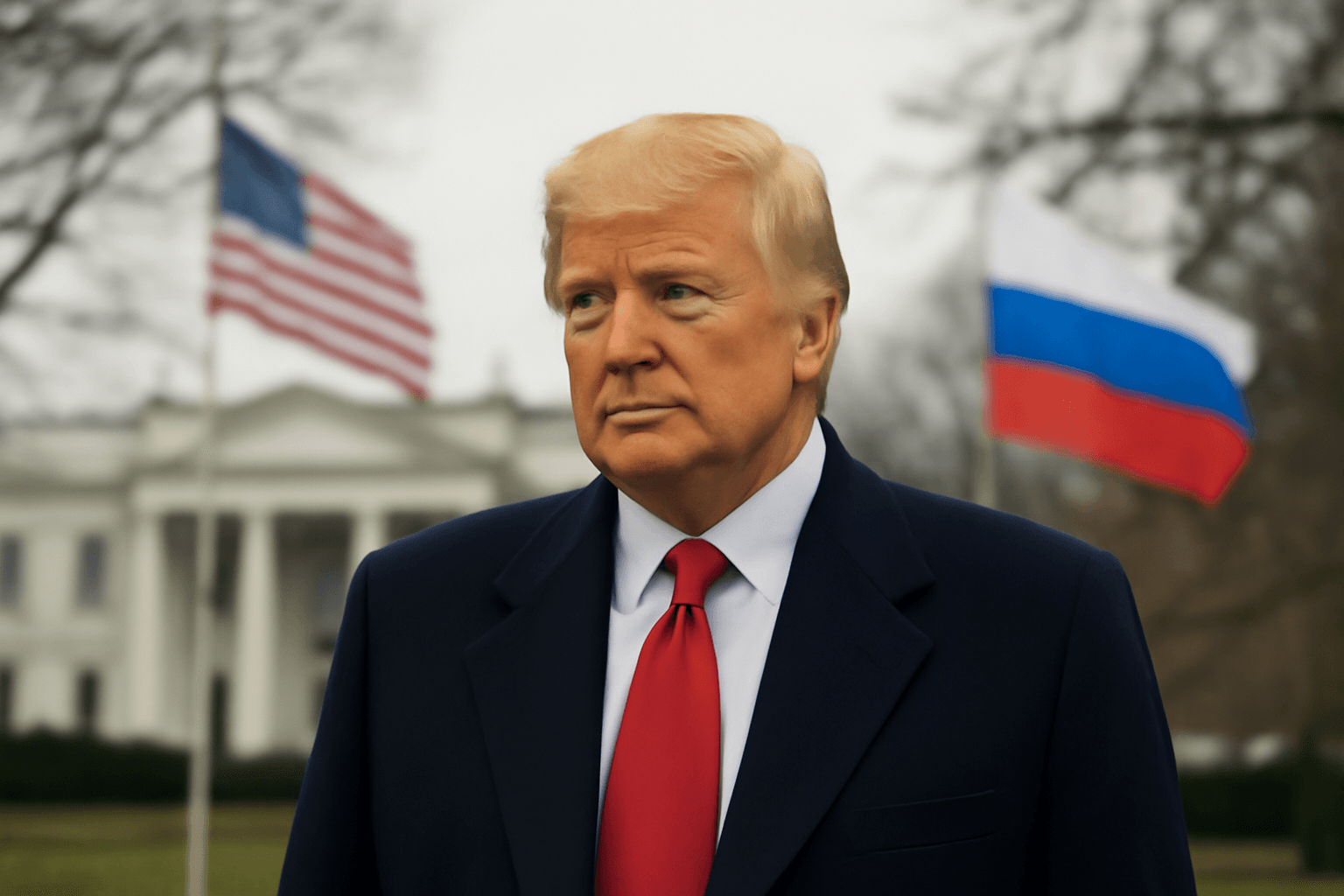EU Condemns US Sanctions on ICC Judges
The European Union has strongly criticized the recent sanctions imposed by the United States on four judges of the International Criminal Court (ICC). The sanctions, announced on Thursday, target judges involved in proceedings related to Israel and U.S. military actions in Afghanistan.
Background of the Sanctions
The sanctions were enacted in response to the ICC's arrest warrant against Israeli Prime Minister Benjamin Netanyahu and the court's investigation into alleged war crimes committed by U.S. forces in Afghanistan. Neither the United States nor Israel are signatories to the Rome Statute, the treaty that established the ICC in 2002.
EU's Response and Support for ICC
European Commission President Ursula von der Leyen emphasized the importance of the ICC's role, stating on social media that the court is essential for holding perpetrators of serious crimes accountable and providing a voice for victims. She asserted that the ICC must operate without external pressure.
A Commission spokesperson, Anitta Hipper, expressed regret over the sanctioning of the judges and reassured that the EU would fully support protecting the ICC and its personnel.
Details of the Targeted Judges
- Beti Hohler (Slovenia) and Reine Alapini-Gansou (Benin): participated in the ICC proceedings that led to the arrest warrant for Benjamin Netanyahu.
- Luz del Carmen Ibanez Carranza (Peru) and Solomy Balungi Bossa (Uganda): involved in the investigation of alleged war crimes by U.S. forces in Afghanistan.
EU Officials Stress the Importance of ICC's Independence
European Council President Antonio Costa highlighted the EU’s unwavering support for the ICC, emphasizing that the court combats impunity rather than targeting nations.
He underscored the need to protect the court’s independence and integrity, noting, "The rule of law must prevail over the rule of power."
Summary
The sanctions mark an intensification of U.S. opposition to ICC actions perceived as against its interests, while the EU has firmly pledged to back the court and its critical role in international justice.

